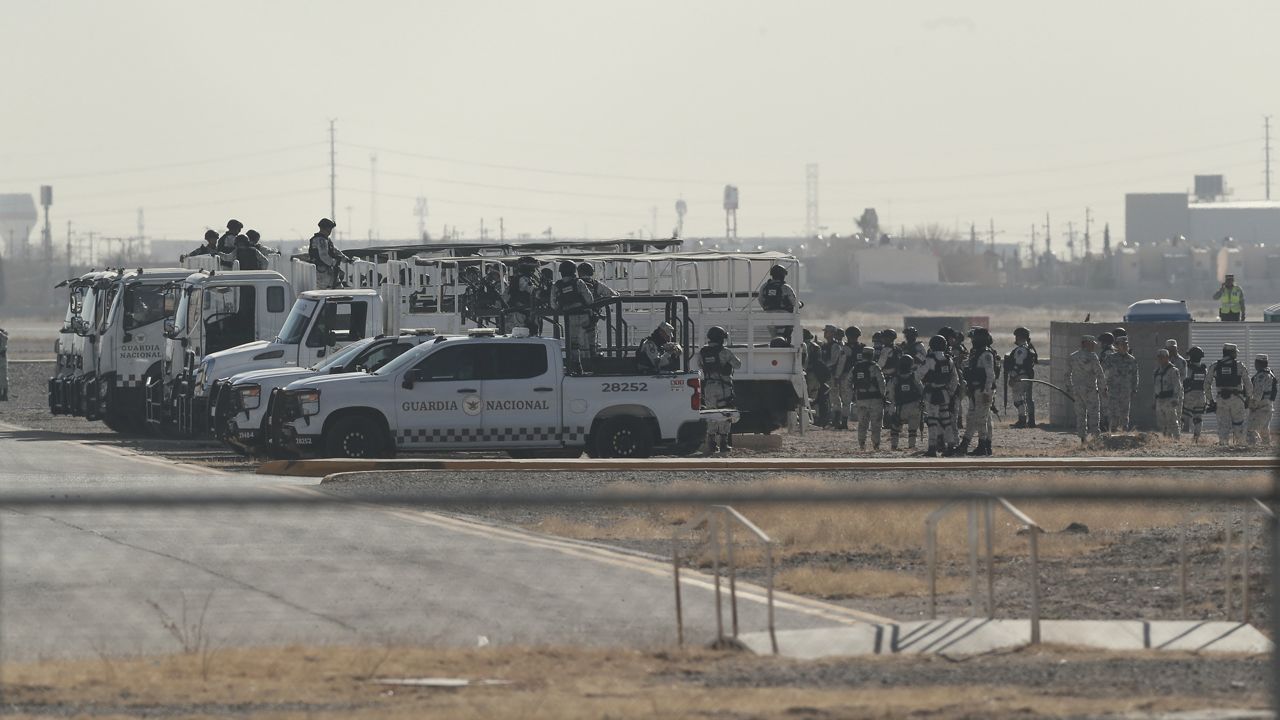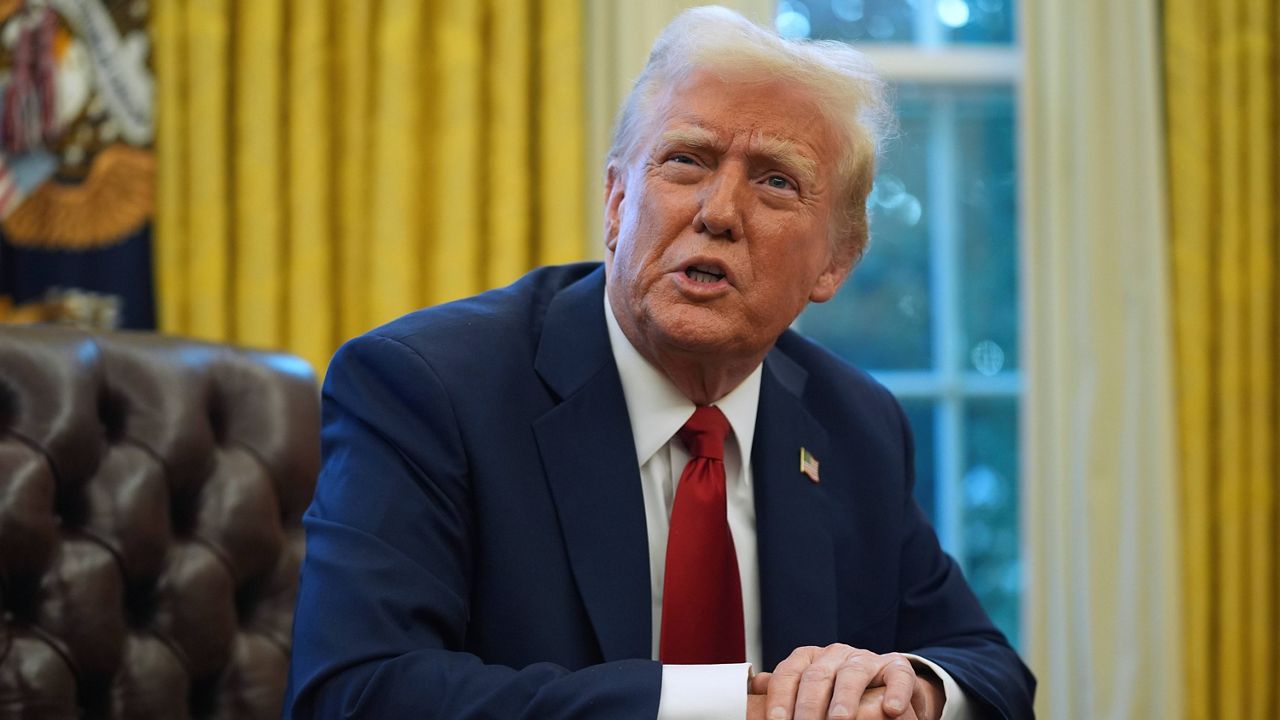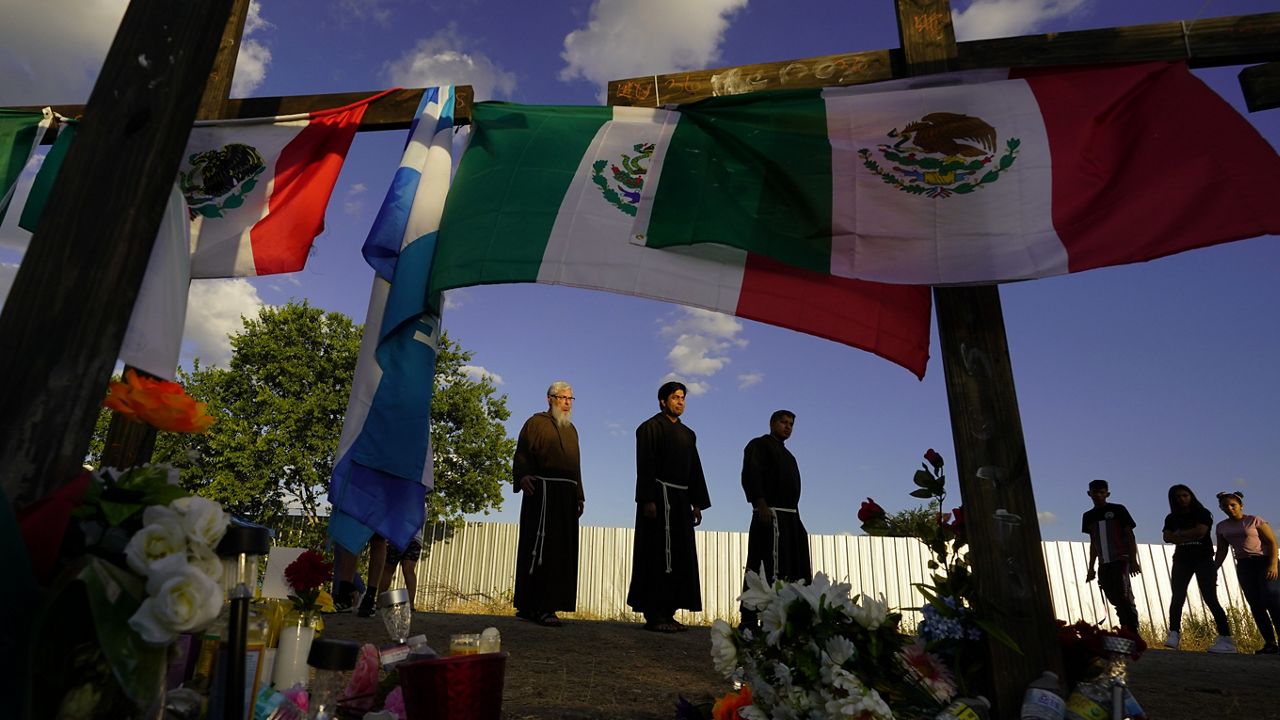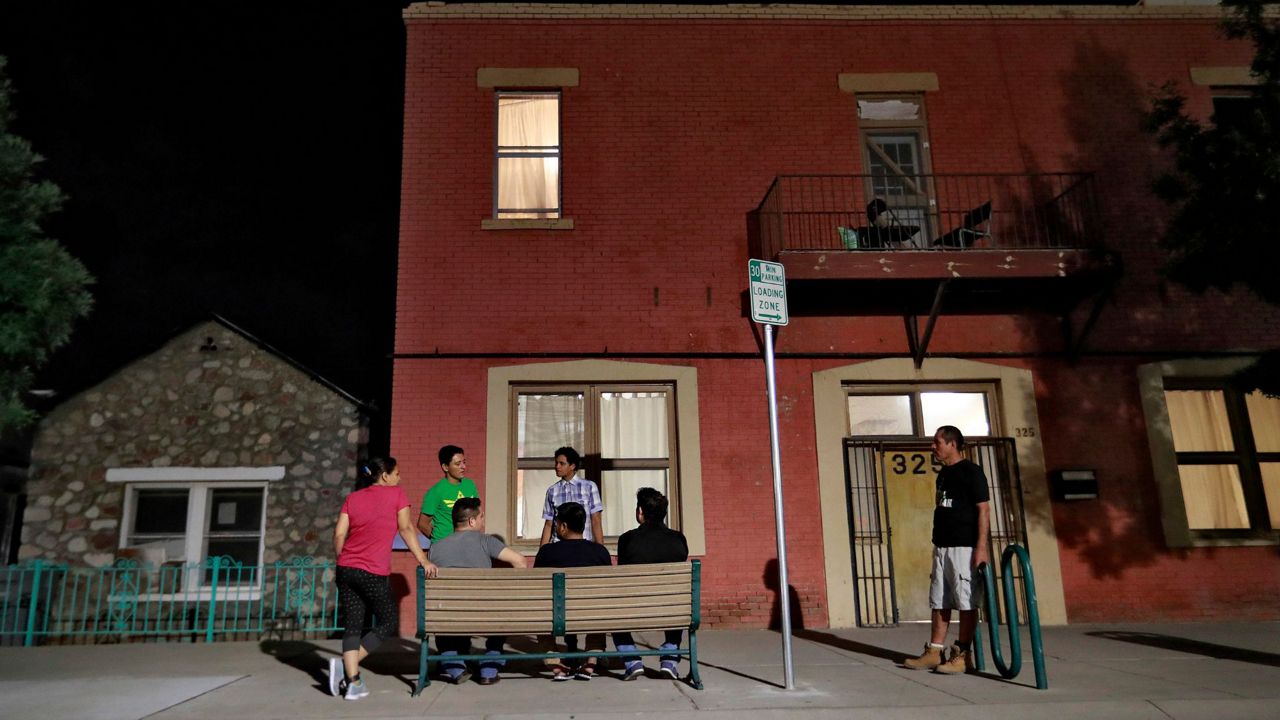LAREDO, Texas — Three dozen members of Congress sent a letter to U.S. Homeland Security Secretary Alejandro Mayorkas requesting an immediate fix to never-ending software problems and other identified issues with the CBP One app.
Since January 2023, the CBP One app successfully scheduled 459,118 asylum seekers' appointments at ports of entry to enter the United States.
“The problem is that the app could be a lot better than it is,” said Rep. Joaquin Castro, D-San Antonio, in a recent Zoom interview.
The Democrat is one of 35 U.S. House members who penned a six-page memo to Mayorkas. It reads in part, “(We) urge you to take immediate steps to resolve the serious equity and accessibility issues migrants are facing when trying to use the CBP One mobile application as the sole means of seeking asylum at southwest border land Ports of Entries (POEs).”
“There are a lot of built-in barriers hindering the effectiveness of the app,” Castro said.
The letter also called on DHS and the Department of Justice to “reverse course on a proposed rule published on February 23, 2023 that would ban most migrants from asylum protection in the United States.”
The 35-member Democratic coalition also wrote of the new rule that “if implemented, the rule would create a presumption of asylum ineligibility for individuals who did not apply for, and/or did not receive a denial of, protection in a transit country, and for those who entered between ports of entry at the southern border or attempted to enter at a port of entry without a previously scheduled appointment through the CBP One mobile application.”
“We should know who is intending to apply for asylum and who’s going to present for asylum,” said Castro. “We should set up the technical capacity and physical capacity and deal with the folks as they present for asylum. But right now, the technical capacity is not where it should be and the physical commitment of resources is not where it should be.”
CBP One has a year-long problematic history of failing asylum seekers scheduling appointments to present at a port of entry. Castro said this leads to a backup south of the border. Spectrum News reporting has shown humanitarian crises occur when U.S. entry is delayed.
“The app is important because this is what keeps people from clustering around the border," Castro said.
Asylum seekers have expressed their concerns about the app’s dysfunction. Some migrants choose the dangerous and illegal move to cross the Rio Grande rather than remain in fear awaiting the app to function as intended.
“For fear of being kidnapped. Because there have been countless. And if I am kidnapped and they ask for ransom, who will pay that for me?” said Maria Rincon, who crossed the river on an inner tube after growing frustrated with the app failings.
CBP One problems include but are not limited to language barriers for people of many nationalities, a photo feature with challenges to recognize darker skin, internet and phone connectivity issues, family units separated because of separate appointment dates issued by the app and sometimes the app cancels appointments without explanation.
As of the publishing deadline, Secretary Mayorkas has not responded to the letter.











